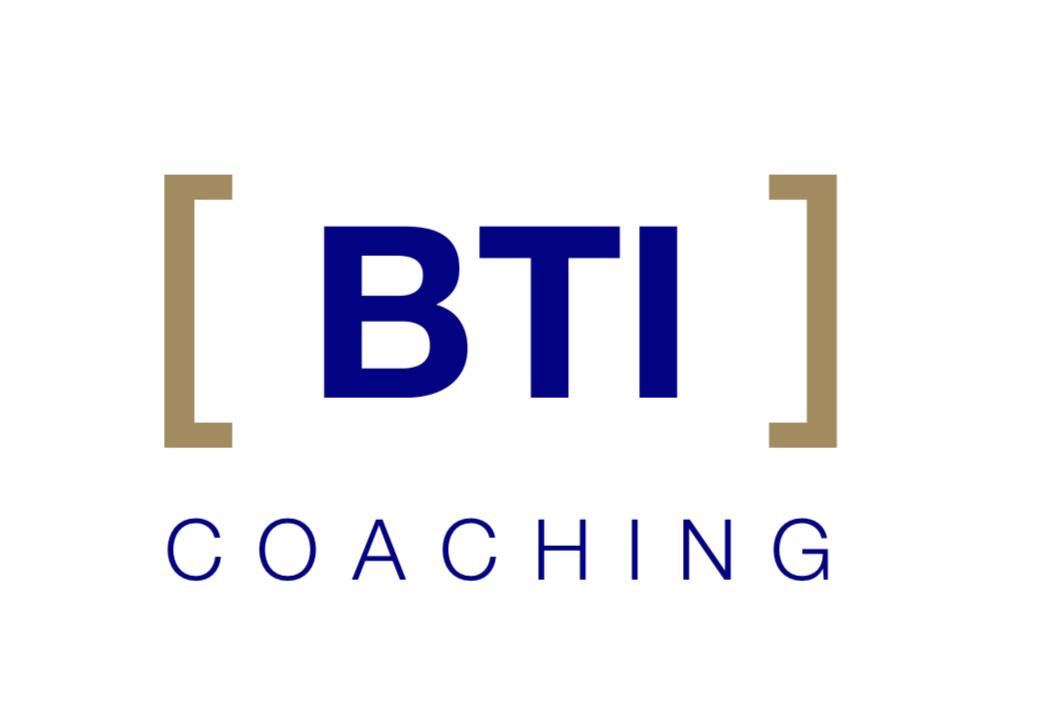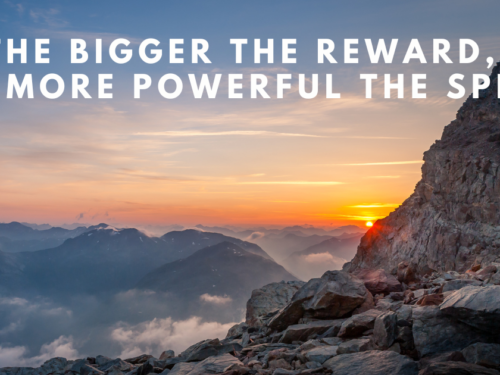
Now get out there and do nothing!



What can you differently to embrace boredom?
What does “farniente” mean to you?
As a leader, what can you do (or stop doing!) with your team?
Thanks for Sharing!!
Self-compassion consists of adopting a benevolent and understanding attitude in any type of situation, and in particular during boredom.

Other Sources:
- John Eastwood,co-author of “Out of My Skull: The Psychology of Boredom”
- Journal of Experimental Social Psychology Volume 52, May 2014, Pages 50-57:Understanding why elation and boredom promote associative thought more than distress and relaxation
- Creativity Research JournalSandi Mann & Rebekah Cadman. Pages 165-173 | Published online: May 2014. Does Being Bored Make Us More Creative?
https://neurosciencenews.com/boredom-creativity-rest-21582/





